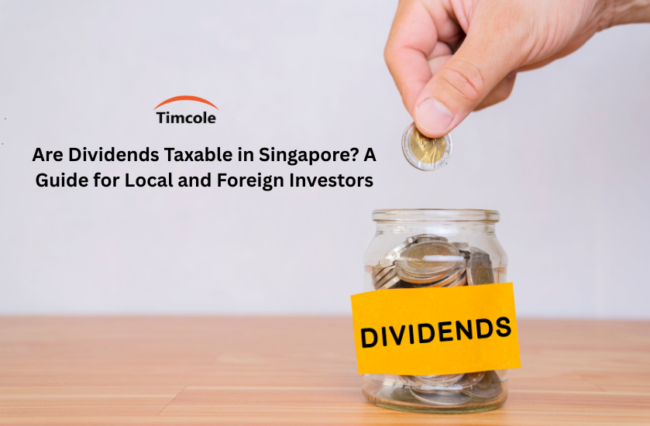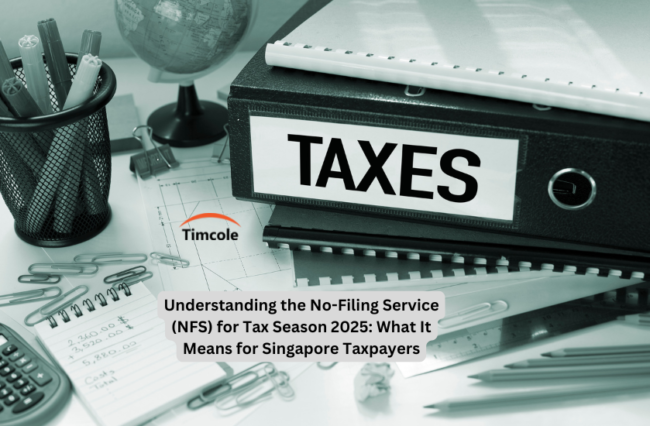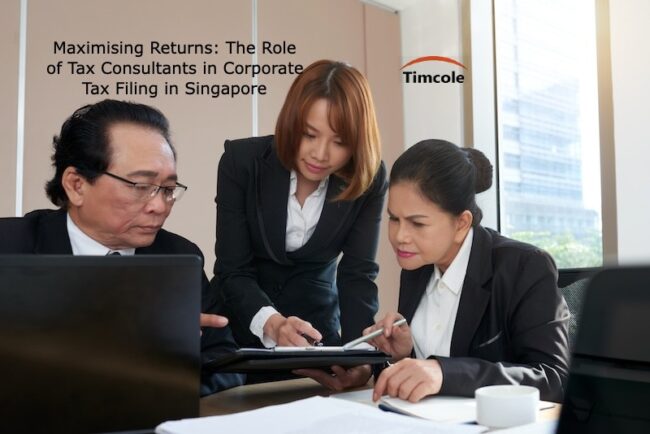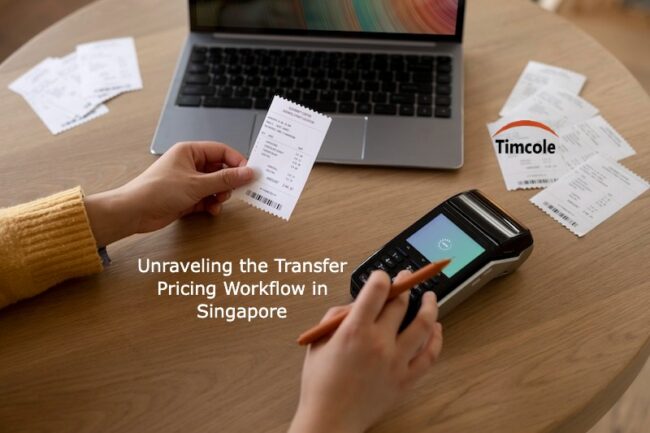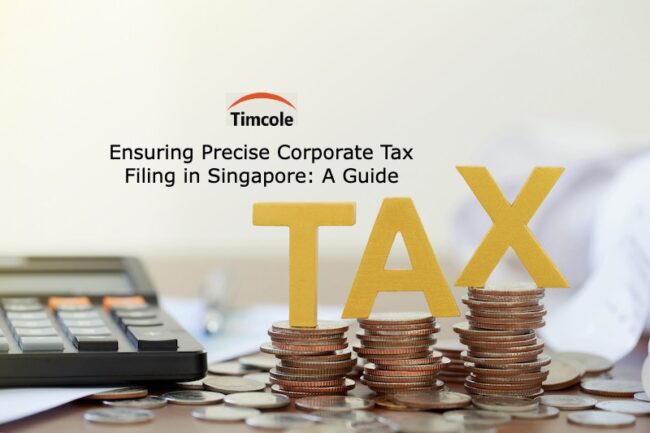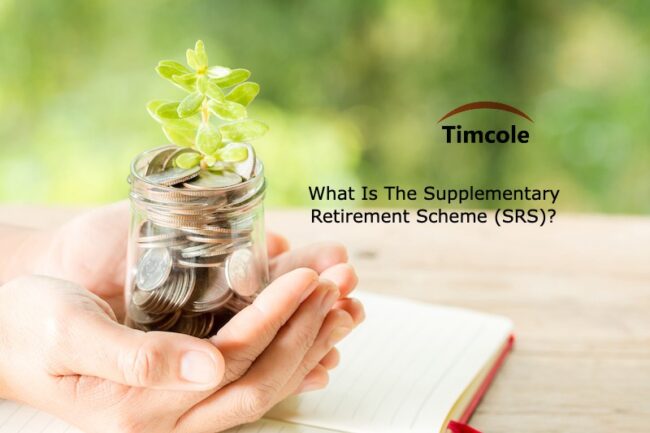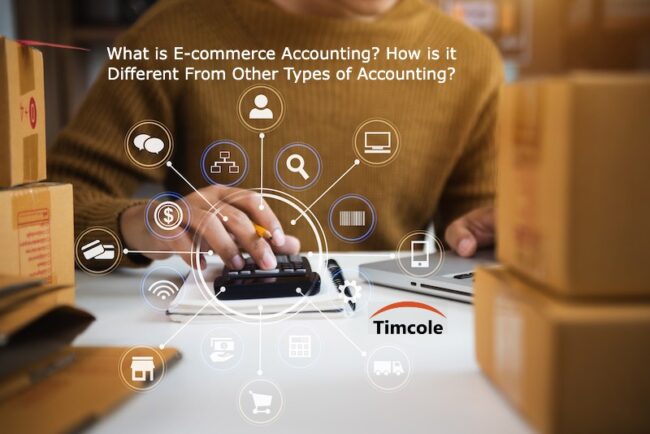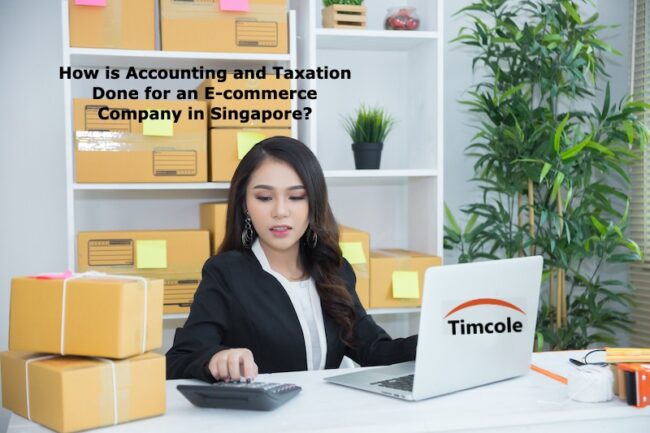Bookkeeping Best Practices for 2025: Essential Tips for Singapore SMEs
If 2024 was about “going digital,” 2025 is about getting decision-grade data from your books—fast. With tighter cash cycles, rising costs, and ongoing digitalisation across IRAS/ACRA touchpoints, SMEs that treat bookkeeping as a strategic function (not just compliance) will outpace those that don’t. Clean books unlock: Cash flow clarity (know what’s due, when, and what’s…



